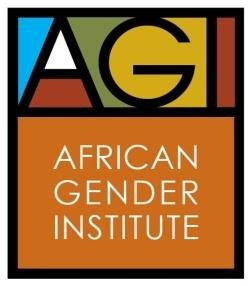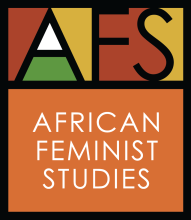
Brief history of the African Gender Institute
The origins of the AGI stem from within the Equal Opportunities Research Project (EORP) established at UCT in 1992. This project, headed by Dr Mamphela Ramphele, examined issues facing UCT’s commitment to institutional transformation. A significant part of the work of the EORP contributed to a burgeoning international body of evidence that women face hostility and marginalisation in higher education institutions. As a result of these continuing findings, Dr Ramphele, in 1993, proposed the establishment of a gender institute that would contribute to challenging the imbalances resulting from persistent gender discrimination and inequality, and exacerbated by racism in higher education institutions in Africa. Consultancies were carried out in West, East and Southern Africa to gather information on the constraints facing women in both tertiary institutions and government structures across the continent. In addition the consultancies broached the ways in which ideas about the mission and scope of the proposed Gender Institute could be developed. The ensuing reports gave rise to extensive discussions and further consultations, culminating in a set of ideas about the shape and form that such an institute might take.
In 1996, the newly formed AGI was given the mandate to provide a safe space where women in the academy could develop their intellectual and leadership capacities; where African women writers, researchers, policy-makers and practitioners would be given new opportunities; where Africa-centric applied knowledges of gender, transformation, and democratic practice could be developed and propagated. AGI started with four main programmes:
- The Associates Programme: hosted African women writers from across the continent for 3 months and provided them with access to resources to significantly further their work. This lasted for 11 years.
- The Sexual Harassment Network Programme - developed links between people in higher education institutions within the Southern African Development Community (SADC) who were committed to challenging sexual harassment in all its forms.
- The Organisational Transformation Project –offered training, networking, and research opportunities to those engaged in the integration of progressive gender policies and practices into government and NGOs.
- The Communication, Linkages and Information Project –developed both paper-based and electronic resources for the work of African gender activists and feminists.
In 1999 the African Gender Institute was formally constituted as an organisational unit within the University of Cape Town and was granted a Chair in Gender Studies, a position held by Professor Amina Mama.
